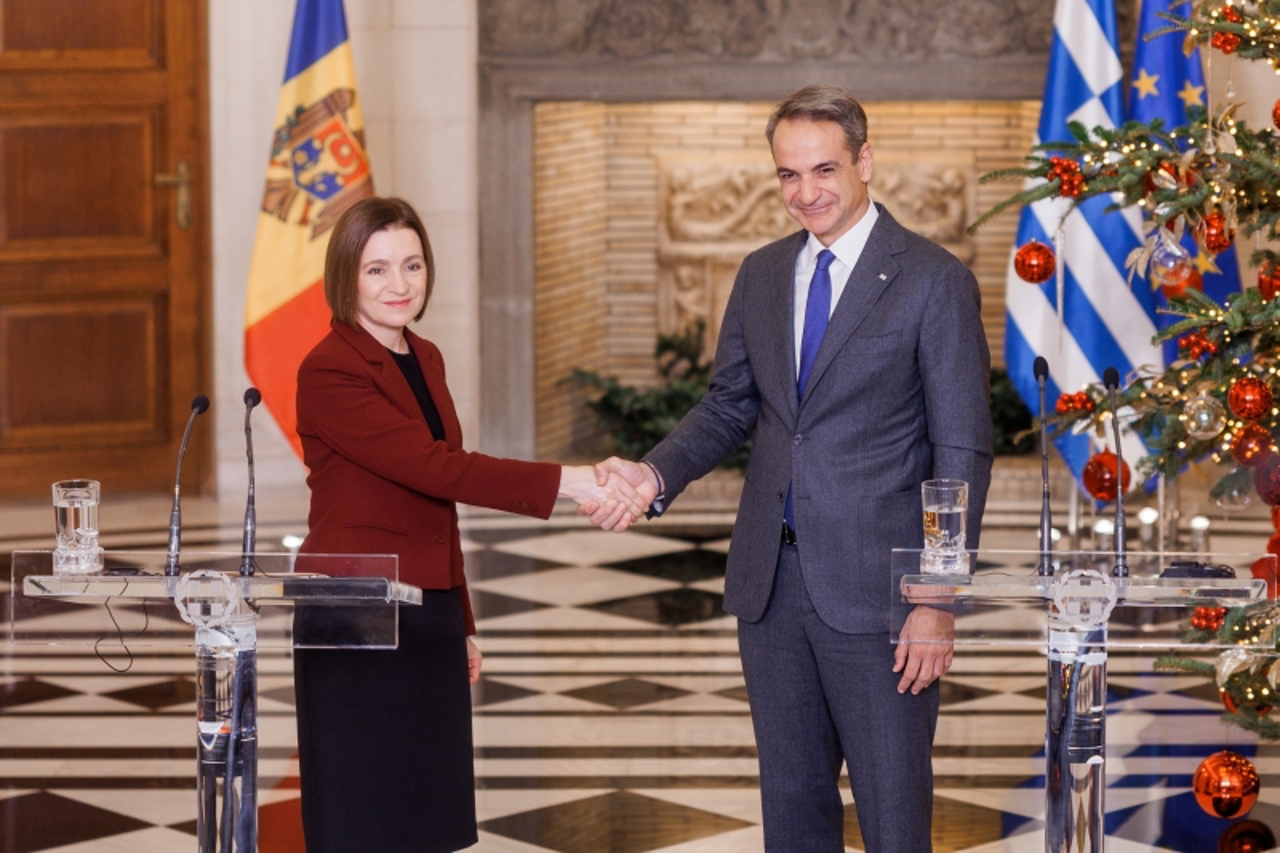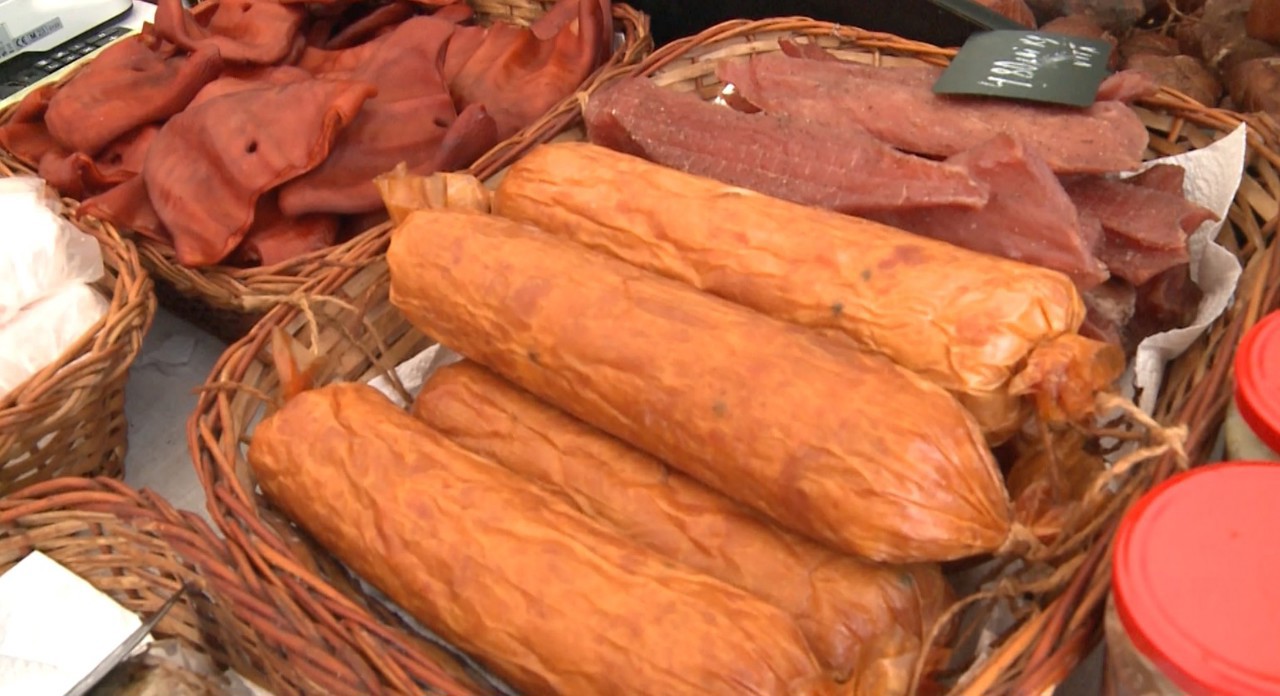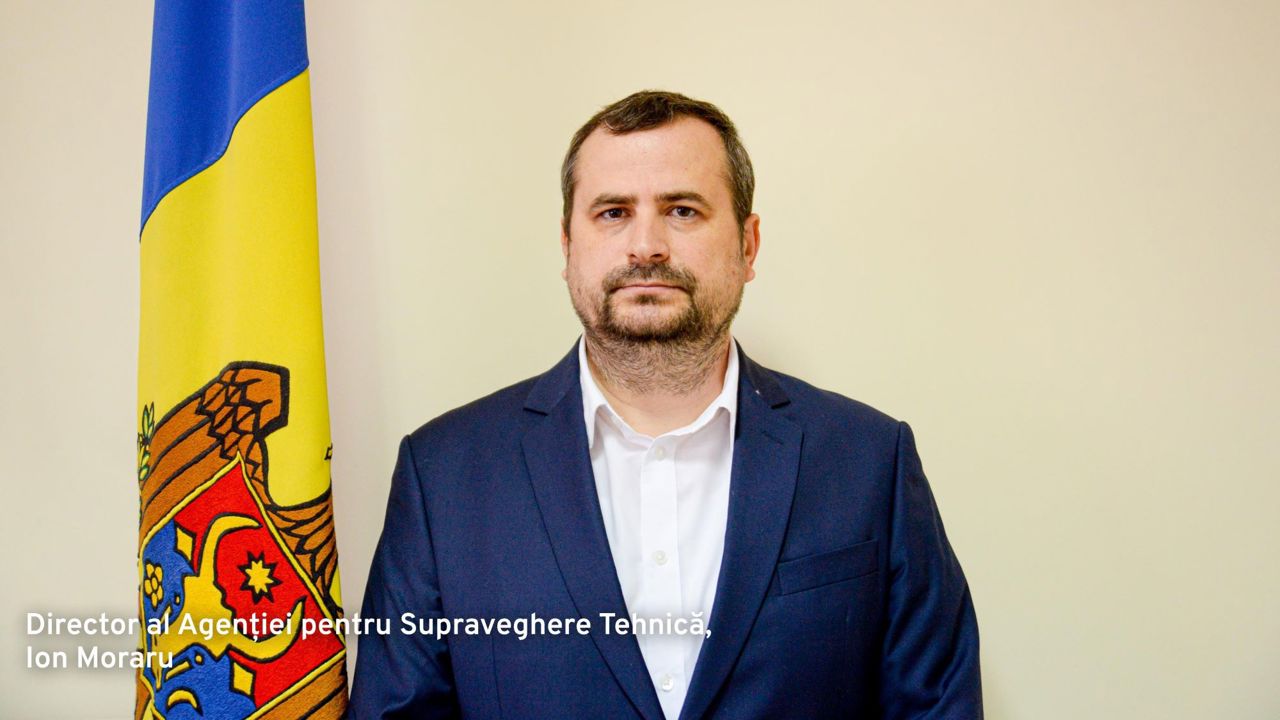Press Review: Moldova probes voter registrations amid Russian financial claims
The Central Electoral Commission (CEC) will review the authenticity of preliminary citizen registrations for the October elections and investigate the departure from Moldova of former Vice Prime Minister Iurie Roșca, who has been sentenced to six years in prison. These are the main headlines covered by the press, as reviewed by Victoria Colesnic.

Moldova 1 reports suspicions regarding potential financial incentives offered to the Russian diaspora to encourage registration for the October elections, citing a statement from Pavel Postica, Vice President of the Central Electoral Commission. The Commission will scrutinise the authenticity of these preliminary registrations, particularly those from the Russian Federation, which have been steadily increasing in recent days. According to official data, Moldovans in the Russian Federation are registering most actively this electoral year, significantly surpassing the number of citizens in other countries.
The European Union accession process is expected to prompt Moldova's legislation to become truly functional and enhance the administrative system. Jurnal.md presents the opinion of former Vice Prime Minister Vladislav Kulminski, who asserts that, at least on paper, the country's legislation is quite functional. However, the issue lies not in the content of the laws but in their application. “I understand that the current legislation could have been sufficient, in theory, if the courts and judges acted in good faith,” Kulminski added.
Moscow has issued new criticism of the authorities in Chișinău. Ziua.md published a statement from Maria Zaharova, the spokesperson for the Russian Ministry of Foreign Affairs, who accuses the Chișinău authorities of implementing a “destructive Ukrainian scenario” and intensifying the “forced Romanianization” of Moldova. This response addresses Mihai Popșoi’s claim that Russia is envious of Moldova's success in strengthening democratic institutions. Zaharova stated that, in reality, Moldova has turned into a “totalitarian state” with a declining economy, becoming one of the poorest countries in Europe as a result of pro-Western policies.
Former Vice Prime Minister in the Greceanîi Government and ex-president of PPCD, Iurie Roșca, who was sentenced to six years in prison for influence peddling, departed Moldova on July 31, according to Ziarul de Gardă. He travelled to Bucharest from Chișinău International Airport two days before his sentence was announced, despite having a ban on leaving the country. The publication requested additional information from the General Inspectorate of Border Police, and the authorities’ response will be published later.
Over the past five years, the number of young people in Moldova has decreased by more than 150,000. Radio Europa Liberă reports that demographic changes are expected to further reduce the number of young people in the coming years. Currently, they make up less than a quarter of the country’s population. The number of young people aged 25 to 29 has decreased the most. Demographer Valeriu Sainsus explains that those born during high birth rates have now passed the age of 35, while the current youth was born after 1990, when families typically had only one or two children.
Ziarul Național reports that, officially, Moldova “lost” the most citizens by 2012, totaling over 95,500. In the past 12 years, an additional 21,000 people have settled in other countries. Before 2012, most Moldovans emigrated to Russia, Ukraine, the USA, Germany, and Israel. According to unofficial data, about one million Moldovan citizens are currently working abroad, although they have not officially declared permanent residence in other countries.
Investments in industrial parks have reached their lowest level in the past seven years. Mold-street.com notes that in 2023, these investments amounted to only 0.19 billion lei, according to data published by Vice Prime Minister Dumitru Alaiba, Minister of Economic Development and Digitalization. This sum is approximately 3.7 times lower than the investments made in industrial parks in 2022. Ministry data show that out of ten industrial parks, only three are actively functioning: Tracom in Chișinău, which accounts for over 90% of revenues; the Industrial Park in Edineț; and the Răut Park in Bălți.
The World Health Organization proposes taxing unhealthy food products to discourage their consumption. New TV reports that an increasing number of countries have implemented fiscal policies to promote healthy diets due to alarming figures showing that one in seven people suffers from obesity. It is estimated that this number will double in the next decade. In Moldova, one in four people is obese, placing the country among those with the highest mortality rates from non-communicable diseases. Leading these diseases are cardiovascular conditions, strokes, cancer, chronic respiratory diseases, diabetes, digestive disorders, and neurological conditions.
Translation by Iurie Tataru



